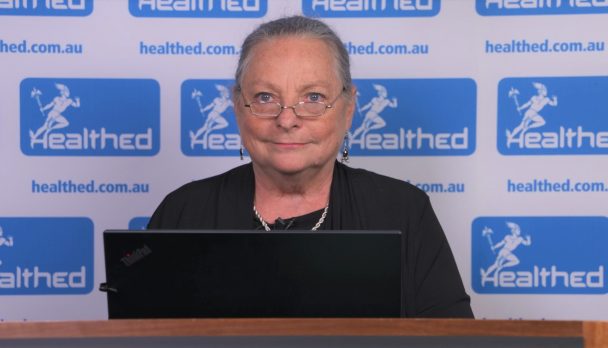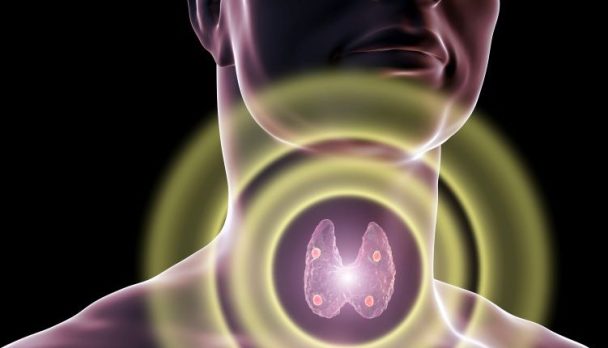This course is aimed at helping clinicians maximise the effectiveness of MHT while minimising the potential risks across a range of circumstances and scenarios. The most effective treatment for troublesome symptoms of menopause is still hormone therapy. Body identical hormones are now available which offer a number of clinical advantages. Moreover, drug delivery options are also varied – patch, pill, gel, etc. so clinicians can work with patients to determine which hormones and which delivery system is best suited to their needs.
Expert/s: Healthed














